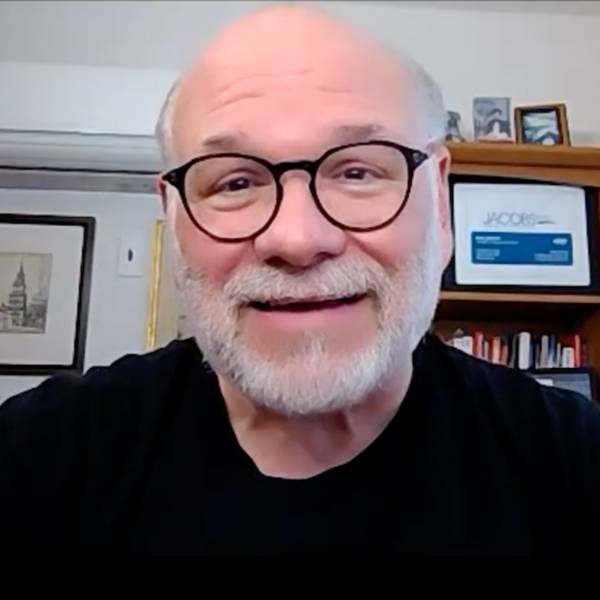Doug Baxter on Respectful Leadership
By Ken Jacobs
August 2019
Doug Baxter Highlights
Current job title: Head of Digital Practice, Prosper Group Consultancy, LLC; CEO, Cut to the Content
Previous executive roles: Managing Partner and Digital Strategist, M&C Saatchi SHARE; Group CEO and Lead Strategist, Robot & Child
You’ve been a leader in London, Dublin and in the United States. Does your approach differ based on the market and the national backgrounds of those you lead?
It’s important to adapt your leadership style to reflect the culture of the organization and the country in which you are based. For example, the positive, high-energy style that suits a tech or media startup in California will definitely not work in London, where people prefer things to be low-key and “matey,” [friendly, if perhaps insincerely so] for want of a better word.
Other dynamics such as labor laws, gender equality and inclusiveness all influence how we as leaders need to be sensitive to the people we work with. But the need to treat everybody you lead with respect should transcend all countries and cultures.
What leadership tenets have you always followed?
I always subscribe to the idea of inverted leadership, in which CEOs see themselves at the bottom of the hierarchy — supporting the organization and making sure everybody has the vision, purpose and resources to get the job done. To do this effectively, you must:
Allow people to fail and then improve and become more confident with the right guidance.
Never get involved in Machiavellian power plays or politics. I believe people need their leaders to be consistent, above everyday pettiness, and fair in their decision-making and treatment of others.
Be decisive. Things don’t always go according to plan. You need to be capable of acting fast, so people understand that you’re there to help them when needed.
At various points in your career, including today, you’ve led virtual organizations. How does it differ from leading people who work together in the same location?
For a virtual organization to succeed, you need far greater internal-communications platforms and clear lines of management and reporting.
People are generally happier and more productive if they work from home at least part of the time. But in a deadline-driven industry like marketing communications, you need to ensure that everybody knows what they need to get done and when.
In virtual organizations it’s also essential to have more detailed onboarding programs, because if people are not working in continual proximity, it’s more difficult for them to understand company legacy, culture and the best ways to get things done.
How do you continue to develop your leadership skills?
I always try to remember to listen. I believe that listening is the single biggest thing you can do to improve your leadership skills. It’s important that people feel you are always on their side no matter what happens, and that you can help them if they’re struggling.
I think my involvement in sports from an early age was critical for developing my leadership skills. I was captain of most of the rugby teams I played in — not because I was the best player, but probably because I was the most vocal and the hardest working. People want someone who will lead by example and let them know exactly what needs to be done at the point of action.
But there are many things that I’m still working on as a leader. Patience is at the top of my list. Many of us who came into the industry in a completely different era are working on a whole range of skills in order to motivate and inspire the generations who are following us.



